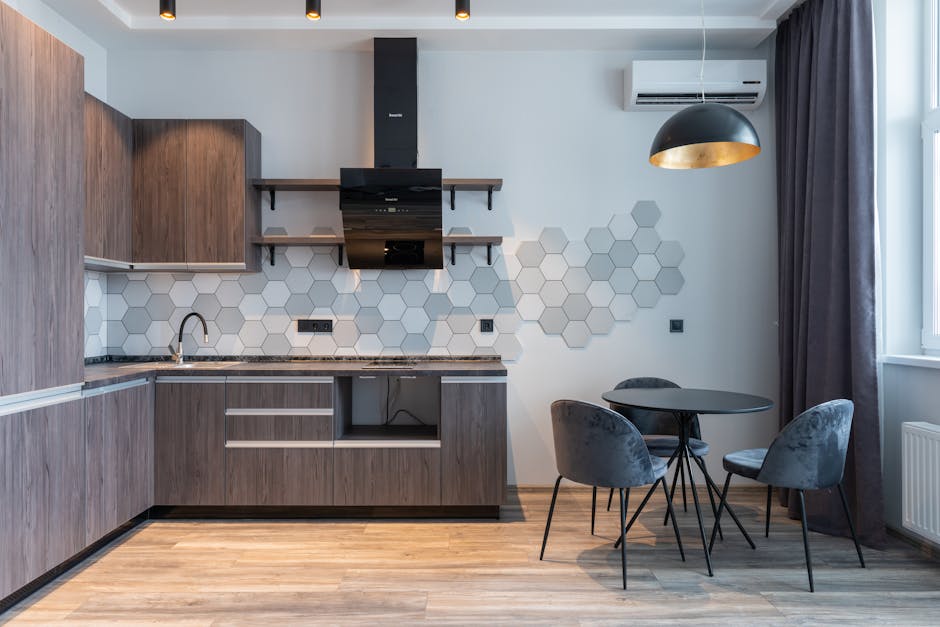Off-Grid Living in Different Climates: Challenges and Considerations
Table of Contents
1. Understanding Off-Grid Living
2. Off-Grid Living in Cold Climates
3. Off-Grid Living in Hot Climates
4. Off-Grid Living in Humid Climates
5. Off-Grid Living in Arid Climates
6. Key Takeaways
Living off the grid means different things to different people. For some, it’s about self-sufficiency and sustainability. For others, it’s about freedom and living with less. But no matter the reason, off-grid living comes with its own set of challenges, especially when it comes to different climates.
Understanding Off-Grid Living
Off-grid living involves disconnecting from public utilities and creating a self-sustaining home. This can include generating your own power, sourcing water, and growing food. It’s a lifestyle that requires careful planning and consideration, especially when it comes to the climate you’re in.
Off-Grid Living in Cold Climates
Cold climates pose unique challenges for off-grid living. Keeping warm is a top priority. Insulation becomes crucial. Wood stoves or solar heating can be effective solutions. But, you must also consider the shorter growing seasons for food. Greenhouses can extend the growing season.
Off-Grid Living in Hot Climates
In hot climates, keeping cool is the main concern. Passive cooling techniques, like proper ventilation, can help. Solar panels work well in sunny environments. But, water scarcity can be an issue. Rainwater harvesting and careful water management are key.
Off-Grid Living in Humid Climates
Humidity can cause mold and mildew. Proper ventilation and dehumidifiers can help manage this. Growing food can be easier in humid climates. But, pests and diseases can be more prevalent. Natural pest control methods are important.
Off-Grid Living in Arid Climates
Arid climates have their own challenges. Water is the biggest concern. Efficient water use and storage are vital. Solar power is usually abundant. But, dust can affect solar panel efficiency. Regular cleaning is necessary.
Key Takeaways
Off-grid living requires adaptation to your climate. Insulation, ventilation, and water management are crucial. Each climate has its own challenges. But, with careful planning, off-grid living can be a rewarding experience. It’s about finding the right balance for your environment and lifestyle.

